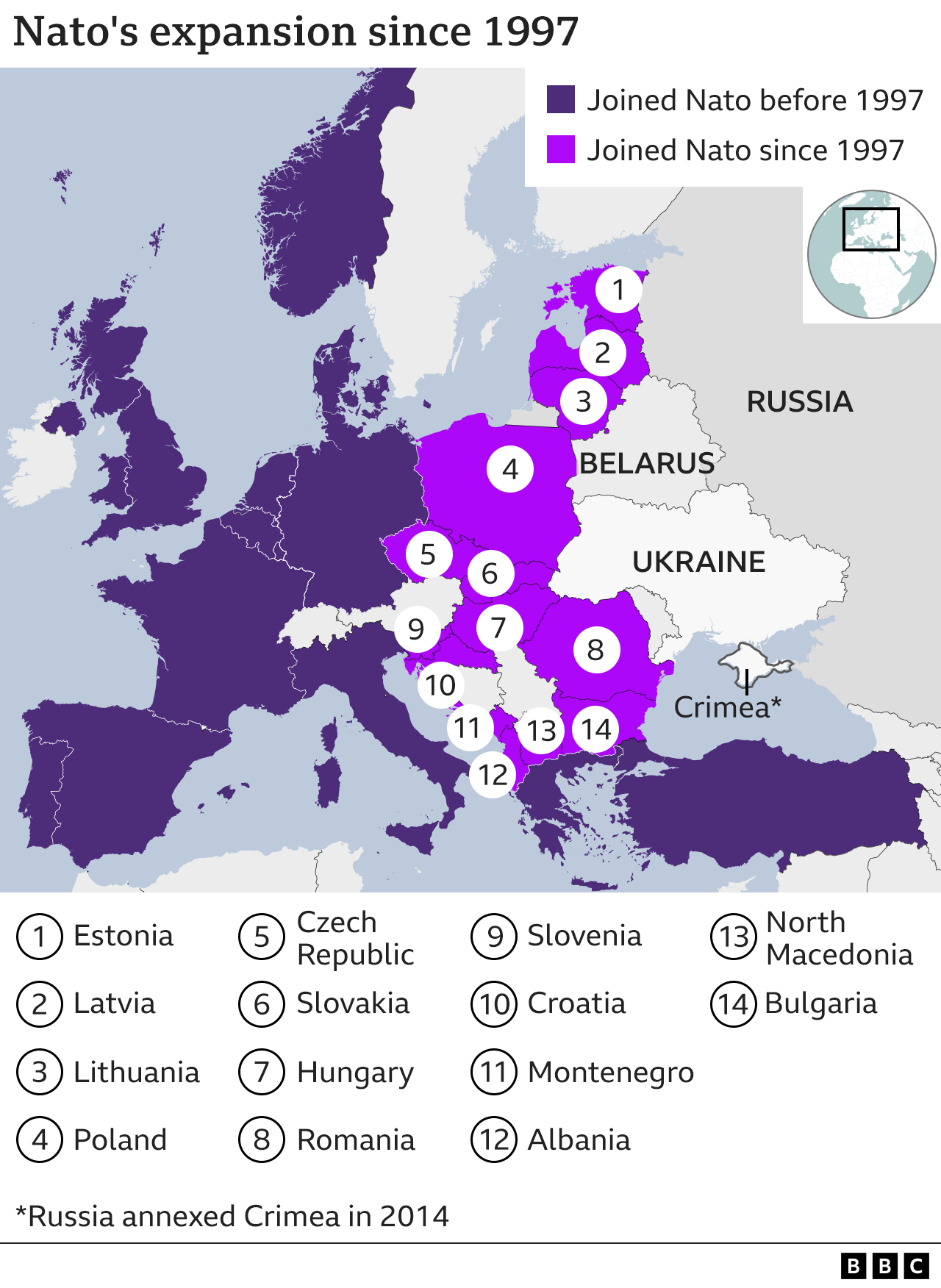Last edited by fkizz; January 20, 2024 at 01:15 PM.
It will be seen that, as used, the word ‘Fascism’ is almost entirely meaningless. In conversation, of course, it is used even more wildly than in print. I have heard it applied to farmers, shopkeepers, Social Credit, corporal punishment, fox-hunting, bull-fighting, the 1922 Committee, the 1941 Committee, Kipling, Gandhi, Chiang Kai-Shek, homosexuality, Priestley's broadcasts, Youth Hostels, astrology, women, dogs and I do not know what else.
-George Orwell













 Reply With Quote
Reply With Quote










